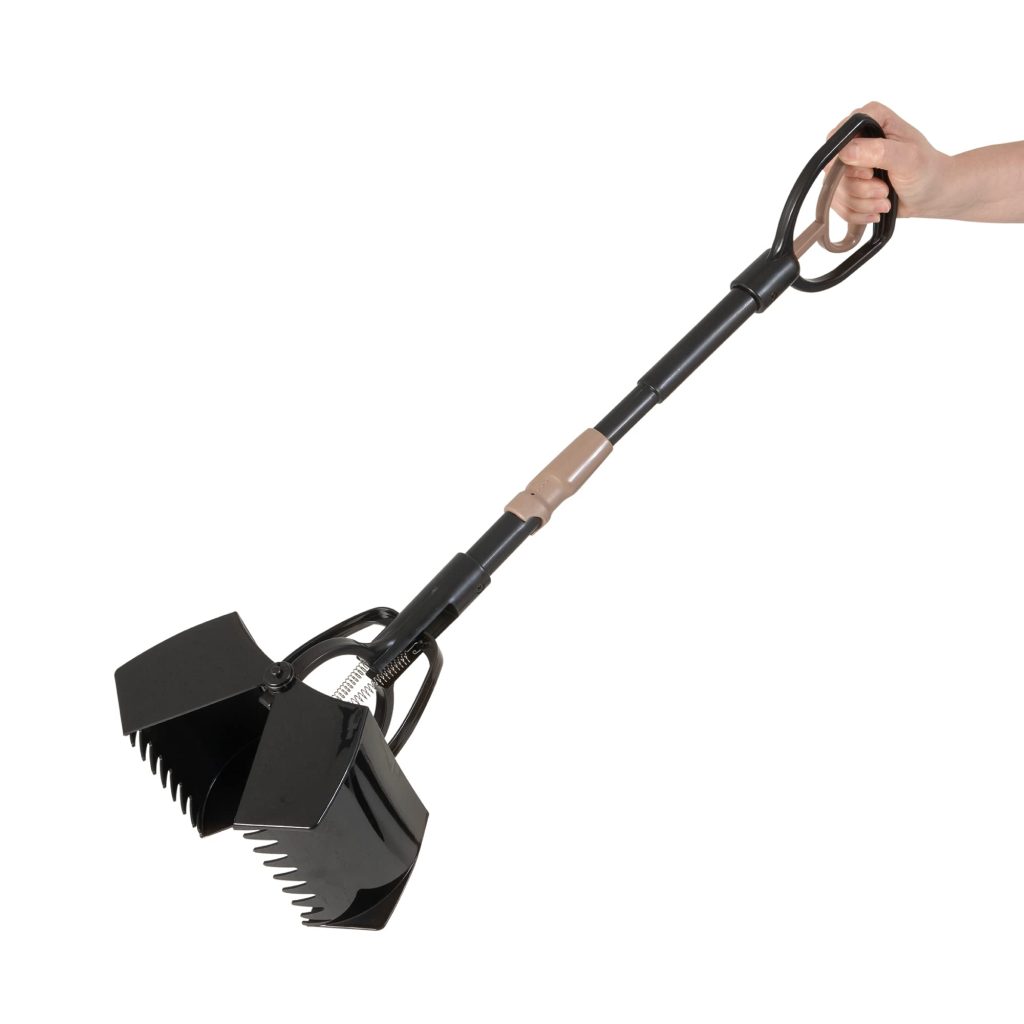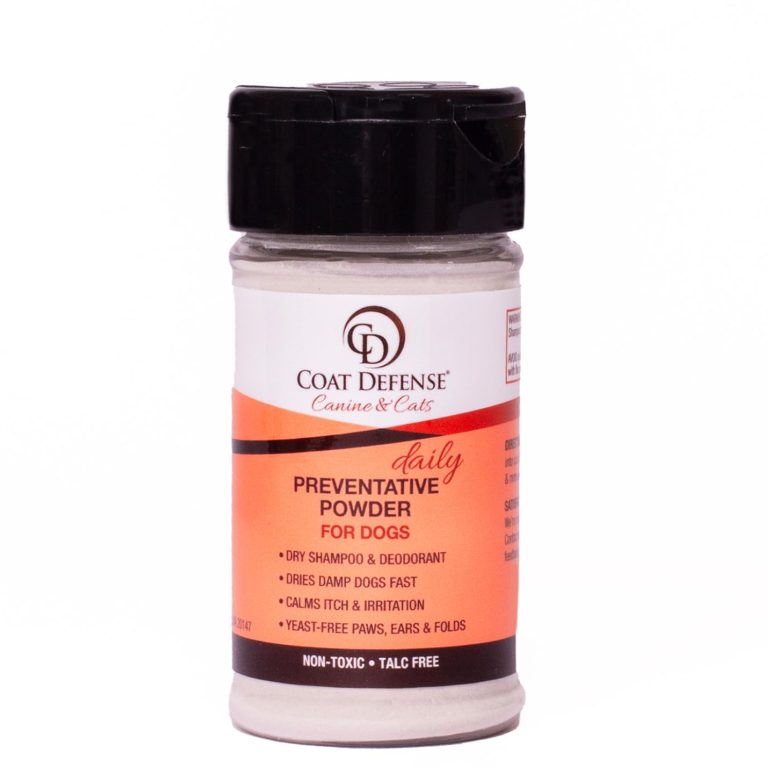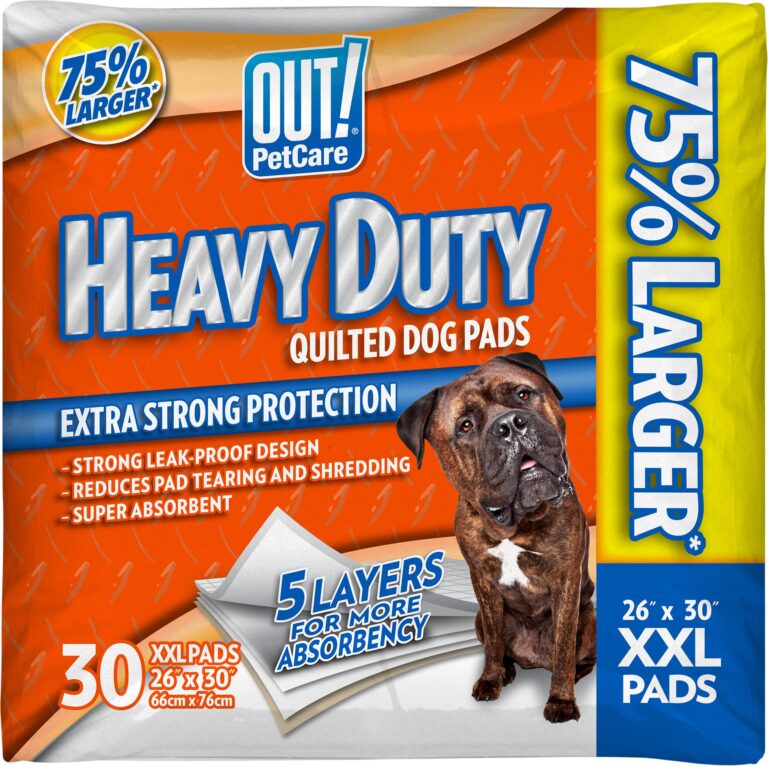The Importance of Phosphorus in Your Dog’s Diet

A balanced diet is essential for the overall well-being and health of your furry friend. However, not all nutrients are created equal, and one vital mineral this is often overlooked is phosphorus. In this article, we will explore the importance of phosphorus in your dog’s diet and provide practical tips for ensuring your canine companion receives adequate levels of this essential mineral.
Understanding Phosphorus
Phosphorus is a mineral that plays a important role in various bodily functions for dogs. It is primarily responsible for forming and maintaining healthy bones and teeth. Additionally, phosphorus contributes to cell growth, metabolism, kidney function, and the production of adenosine triphosphate (ATP), which serves as the energy currency for cells.
Dogs require an appropriate balance of phosphorus and calcium in their diet to support skeletal development and overall well-being. The ratio between these two minerals should ideally be around 1:1 to ensure optimal bone health.
Dietary Needs for Different Life Stages and Breeds
The phosphorus requirements of dogs can vary based on their life stage and breed. Puppies, for example, have higher phosphorus needs than adult dogs due to their rapid growth and development. Large breed puppies, in particular, have unique dietary needs to support their larger skeletons.
If you are unsure about the specific requirements for your dog’s breed and life stage, consulting with a veterinarian or canine nutritionist can provide valuable guidance. These professionals can help develop a tailored diet plan that meets your dog’s individual needs.
Commercial Dog Food
When choosing commercial dog food, it is essential to read the label carefully. Look for high-quality brands that use real meat as the primary ingredient and mention a balanced calcium-to-phosphorus ratio. Avoid foods that contain low-quality fillers, artificial preservatives, and excessive amounts of phosphorus, which may lead to health issues.
Some commercial dog food brands offer specialized formulas for different life stages and breeds. These formulations take into account the varying phosphorus requirements of dogs, providing appropriate levels of this mineral to promote optimal health.
Homemade Diet Options
If you prefer to feed your dog a homemade diet, it’s important to ensure that it meets their nutritional needs, including an appropriate phosphorus balance. Consulting with a veterinary nutritionist is highly recommended to develop a balanced recipe tailored to your dog’s specific requirements.
The homemade diet should include high-quality protein sources such as lean meats, fish, and eggs. When selecting ingredients, think their phosphorus content and aim for a ratio close to 1:1 with calcium. Adding steamed vegetables and whole grains can provide additional nutrients and fiber.
Supplementation Considerations
In some cases, dogs may require phosphorus supplementation due to specific health conditions or dietary deficiencies. However, it’s important to consult with a veterinarian before introducing any supplements into your dog’s diet. The appropriate dosage for supplementation will depend on your dog’s individual needs and medical history.
Common Challenges and Health Issues
Both excess and inadequate phosphorus intake can lead to health problems for dogs. Excessive phosphorus levels can strain the kidneys and potentially contribute to kidney disease or dysfunction. On the other hand, a phosphorus deficiency can result in weakened bones, stunted growth, and decreased energy levels.
Dogs with existing kidney issues may require a phosphorus-restricted diet to support kidney function. It’s essential to work closely with a veterinarian to manage these conditions and ensure that your dog’s diet adequately meets their nutritional needs.
Phosphorus is a vital mineral that plays a significant role in your dog’s health and well-being. Ensuring that your furry friend receives appropriate levels of phosphorus through a balanced diet is important for supporting skeletal development, cell growth, metabolism, and overall vitality.
Whether you choose commercial dog food or opt for a homemade diet, it’s important to ponder your dog’s individual needs, life stage, and breed when determining their phosphorus requirements. Consulting with a veterinarian or canine nutritionist will provide valuable guidance in developing a diet plan tailored to your furry friend’s nutritional needs.







